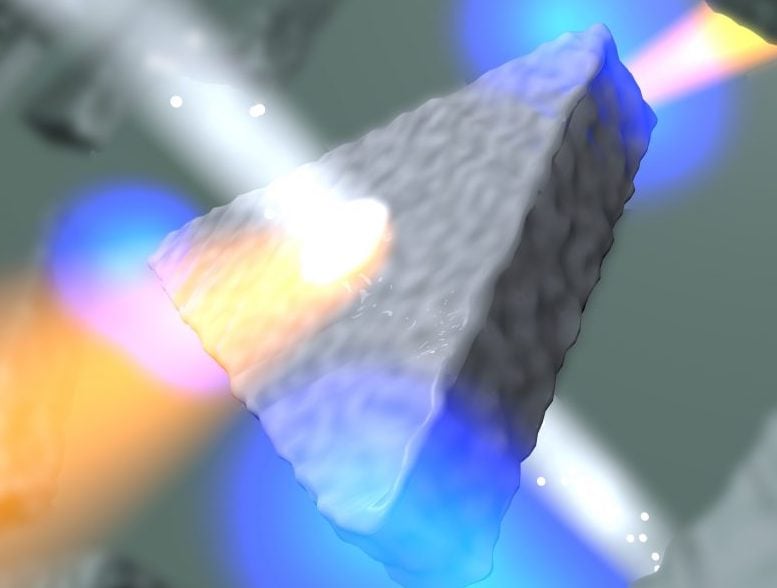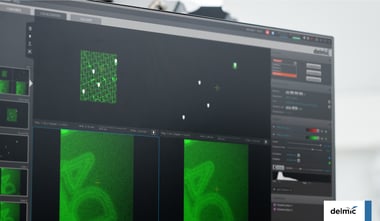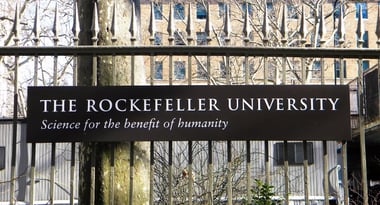The aim of the eBEAM consortium is to enhance the analytical capabilities of electron microscopy (EM) by bringing together, in the electron microscope, electron beams and light beams, in combination with novel analytical and measurement correlation schemes. The unique interactions between electrons and light create novel measurement modalities for the analysis of materials that are central to the solution of major problems that our society faces.
Apart from Delmic the eBEAM project includes NWO-Institute AMOLF (Amsterdam), ICFO (Castelldefels), CNRS - University Paris-Sud, University of Göttingen, University of Kiel, University of Antwerpen, and Thermo Fisher. The total budget is 5 million euro.
eBEAM is aimed at strengthening the fundamental knowledge base and infrastructure of electron microscopy in Europe. It has a targeted set of research goals, aiming at novel scientific EM breakthroughs, demonstration of novel applications of analytical EM, and development of novel prototype EM instruments.
The eBEAM consortium aims to help strengthen the European analytical electron microscopy community, an area of high strategic and economic value. The consortium will organize International Workshops and Summer schools on Analytical Electron Microscopy and carries out an extensive outreach program. The eBEAM consortium is led by prof. Albert Polman, NWO-Institute AMOLF, Amsterdam.
More information about the project can be found on the eBEAM website.
.png)






